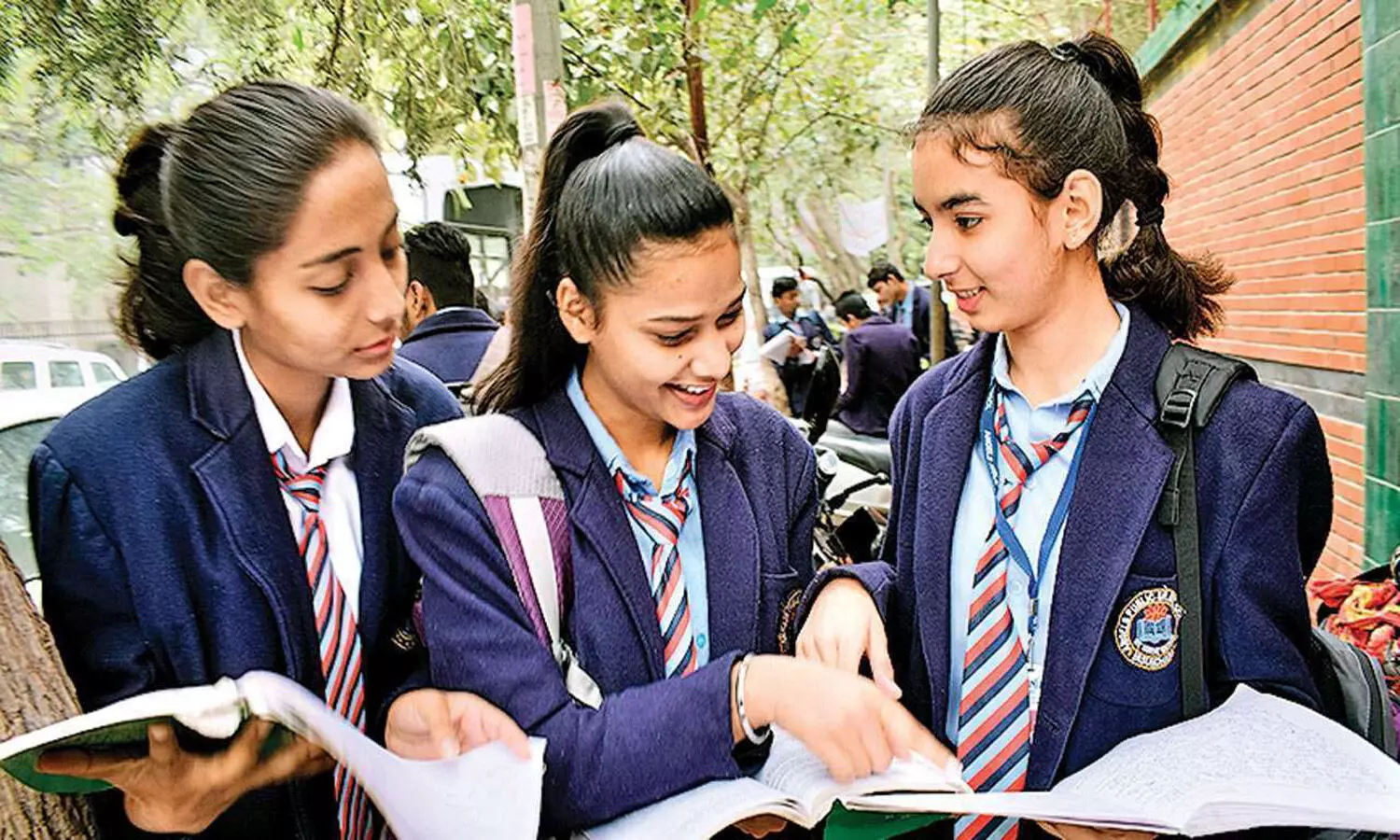TRENDING TAGS :
CBSE's Academic Overhaul: Change for a Holistic Education
Understand how these changes align with the National Education Policy 2020, fostering a more holistic and flexible education system.
Cbse
The Central Board of Secondary Education (CBSE) is contemplating significant revisions to the academic structure for secondary and higher secondary education, as reported by The Indian Express. The proposed changes aim to introduce a more holistic and flexible education system, aligning with the objectives of the National Education Policy 2020.
Among the key proposals is the transition from studying two languages to three in Class 10, with the stipulation that at least two of these languages must be native to India. Additionally, the passing criteria for Class 10 students may increase from five subjects to 10, reflecting a shift towards a more comprehensive evaluation system.
In Class 12, the suggested modifications include students studying two languages instead of one, with the requirement that at least one must be a native Indian language. This adjustment would mean that students need to pass examinations in six subjects instead of the current five to complete high school.
These proposed changes are integral to CBSE's larger initiative to introduce a national credit framework in school education. The framework aims to establish academic parity between vocational and general education, facilitating smooth transitions between the two systems.
Currently, the traditional school curriculum lacks an organized credit system. The CBSE proposal suggests a full academic year consisting of 1,200 notional learning hours, or 40 credits. Notional learning refers to the estimated time needed for a learner to meet specific objectives, covering academic teaching and extracurricular activities.
The Academic Bank of Credits, accessible through a connected Digilocker account, will digitally record the credits earned by students. These credits are independent of the grades received, according to an official CBSE document.
To implement this initiative, the Board suggests adding more subjects to the secondary and upper school curricula, including vocational and transdisciplinary courses. For Class 10, students would need to pass 10 subjects (seven main topics and three languages), compared to the existing requirement of five subjects. The three languages must include two native to India, and the seven main subjects encompass mathematics, computational thinking, social science, science, art education, physical education and well-being, vocational education, and environmental education.
For Classes 11 and 12, the proposal suggests studying six subjects (including two languages and four subjects, with an optional fifth subject if desired), as opposed to the current requirement of five subjects.
The proposal, outlining changes to the academic structure of Classes 9, 10, 11, and 12, was circulated to all heads of CBSE-affiliated institutions. They were urged to review and provide feedback by December 5, 2023, indicating a collaborative approach towards shaping the future of education in India.



